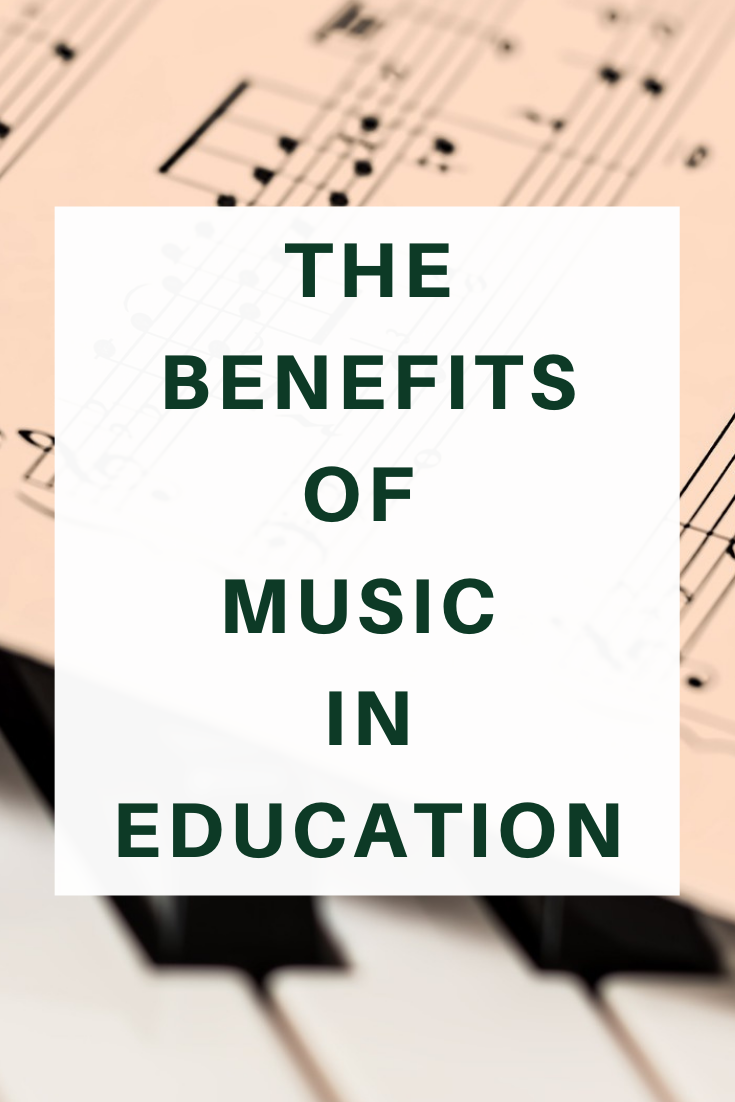Although it is not considered as important as the core subjects like Maths and English, Music is still an effective and essential part of the learning experience. It doesn’t matter if students are four or fourteen, the benefits they can find from using music in the classroom, and even wider education, is not something to ignore. Not only does music provide a fun and fresh alternative to dull lectures, but it can also help with a child’s development and help them reach their potential.
Music in Education Enables Self-Expression
From playing the piano to learning how to strum a funky beat on a bass guitar, making music a regular part of a child’s education will give them a means to express themselves. Kids need to realise they do not need to draw pretty pictures to be considered an artist, and knowing how to play an instrument gives them an outlet to show off who they are. Even if they do not follow through with music full-time, the skills they learn from different arrangements, or simply smashing the drums, can help them in other areas of their life.
Music in Education Boosts Self Esteem
Everyone wants to feel good, and everyone wants to be good at something. However, many schools will (falsely or not) hammer home ideas that academic or sporting pursuits are the only way a child will succeed in life. This, of course, is far from true, and having music as an outlet will give kids who perhaps aren’t as athletic as their peers or even do not feel confident with subjects like Maths, English or Science something to show off. When performing in front of a crowd, they will feel better about themselves and prove any doubters wrong along the way.

Music in Education Promotes Brain Development
It takes years for a child’s brain to fully develop, and using music in education can help promote better development, especially on the creative side. Music and piano teachers like Annette Beaumont already understand how and why music in education is so important, and they believe the two should go hand in hand to help children get the most out of their time at school. Through music lessons and incorporating music into other subjects, children will learn empathy and even improve Mathematics skills, as they will need to recognise patterns in sheet music, among other possibilities.
Music in Education Benefits Teamwork
A perhaps unexpected benefit of music in education is teamwork, but being part of a band or an orchestra gives students a chance to play their part and pay attention to what others are doing. If you feel your child struggles to work as a team, being part of a musical collective, whether the school band or jamming with friends, can encourage them to work better as a team. They will soon discover that there are no passengers in music groups, and everyone must play their instrument perfectly to ensure the song or arrangement sounds good.
The Sound of Music
Whether you’re a parent, a teacher, or even a coach, you must not ignore the positive impact that music can have on a child’s education. If your kids or students are not as engaged as you want them to be or even struggling to grasp specific concepts, consider the difference the sound of music could make to help them achieve their potential and thrive in their education.
*This is a collaborative post

